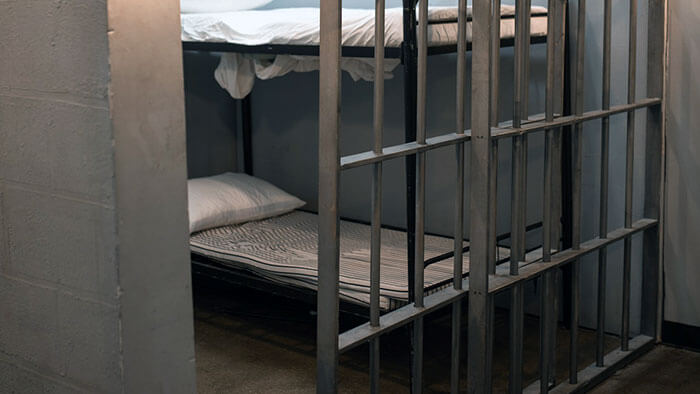Yes, house hacking is legal as long as you’re not breaking any laws or regulations in the process.
Now that you know the answer to your initial question, you probably have another question: “how would I know if I’m breaking any laws or regulations?”. So, in this post – I’m going to give you some insight and direction for finding out if you’re breaking any laws or regulations.
Table of Contents
How to know if house hacking is legal for you
Like I said above, house hacking is legal unless you’re breaking laws in the process. But, in order to know if you’re breaking laws – you’ve got to know the laws. The sections below will help you give guidance on where to look to verify that you’re not breaking any laws that would make house hacking illegal for you.
Consult with a local real estate attorney
Consulting with a local real estate attorney is the easiest and least expensive (time-wise) solution for verifying that house hacking is legal for you.
I highly recommend going this route. You can consult with a local real estate attorney for 1 hour and by the end of that hour you’ll know if house hacking is legal for your situation. But, if you’re not able to consult with a local real estate attorney – the sections below will help you learn DIY style.
Note: If you go the DIY route, it’s going to take you a lot longer than using an attorney.
Check your mortgage contract and lender restrictions
One of the first areas to check, if you’re taking a DIY approach to making sure you’re not breaking any laws or regulations by house hacking, would be your mortgage contract or contacting your lender.
Your lender will be able to let you know if there are any restrictions on your loan that would prevent you from house hacking.
Check your local location restrictions (i.e. your HOA)
If your lender didn’t have any restrictions that would prevent you from house hacking, the next area to check would be your HOA – if you have one.
I’ve never owned property located in an HOA or lived in one myself, but I’ve heard plenty of “horror stories” about the restrictions and rules they impose on their residents. So, if you purchased a property that’s governed by an HOA and plan to house hack, locate the documents that list the rules and restrictions to make sure you’re house hacking (or renting your property) is OK.
Check your local laws (i.e your city)
If your property isn’t located in an HOA or your HOA’s restrictions don’t affect house hacking, the next area to check is the laws and rules associated with your city.
The majority of cities will have a list of their local laws somewhere for you to view. In all of the cities I own property in, I can easily look online to view what the law is. However, I can imagine that in very small cities (likely to be rural) that don’t have a website – you might need to go to city hall and talk with someone in person to make sure you’re not breaking any laws or rules.
Check your state’s laws
Every state is different and I’d be lying if I told you that I know the laws of every state. However, I have never heard of any state in America banning any version of rental property (including house hacking).
So, although you’re likely to be OK on a state level – when it involves making sure you’re not breaking the law – you should check your state laws to make sure. I personally don’t play around with anything that could potentially cause me to waste years of my life in a jail cell.
Check federal laws
The last place to check would be federal laws.
The last time I checked with a real estate attorney when I was house hacking a duplex, there weren’t any federal laws preventing you from house hacking. However, while that’s true today – it may not be true next year.
I would like to believe that if we received new federal laws that affected rental property and house hacking, it would be all over the internet (thus we’d know). But, as I said above, I don’t play around with anything that could restrict my freedom. Federal law (actually, most laws in America) can be complicated and, for example, a law that affects me – may not affect you due to a small difference in income.
So, in order to check federal law for your specific situation – you’re going to need to Google like your life depends on it and learn as much as you can about any laws that could potentially affect you specifically when renting property or house hacking.
Main Takeaway
Just use a real estate attorney. Law is too complicated and will require too much of your time to try to learn. It’s not worth trying to learn everything on your own unless you really don’t have a choice.
For learning how to house hack successfully, take a look at our: house hacking guide
Conclusion
- House hacking is legal unless you’re breaking laws in the process
- Consult with a local real estate attorney to learn if you’re breaking any laws in the process
- If you can’t afford to consult with a local real estate attorney, you’ll have to do the work of learning as much about the potential rules and laws you could be breaking
